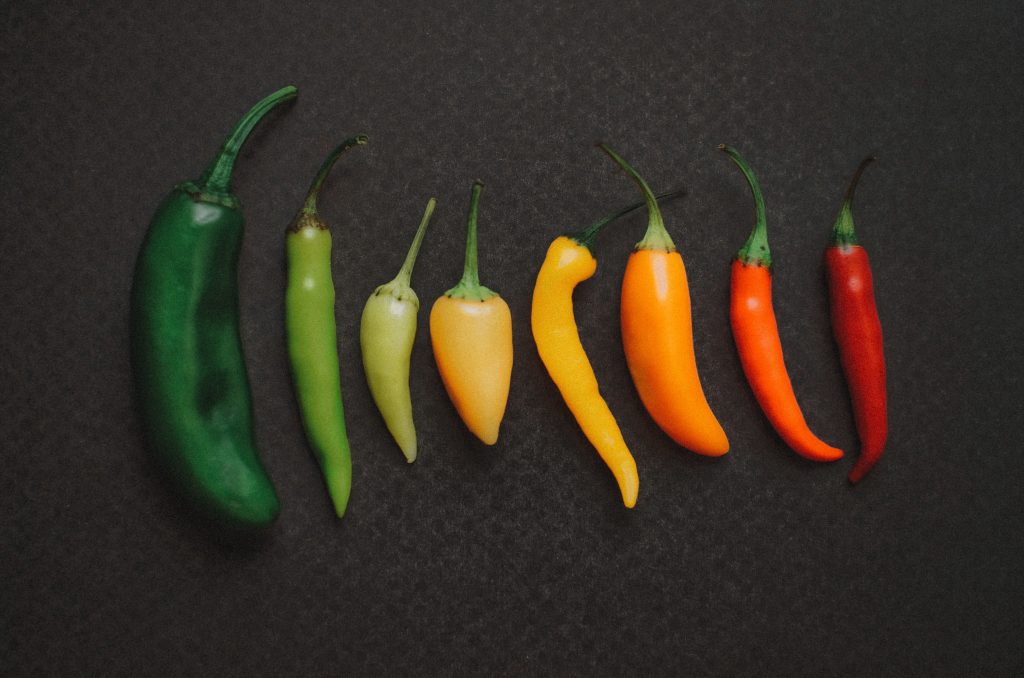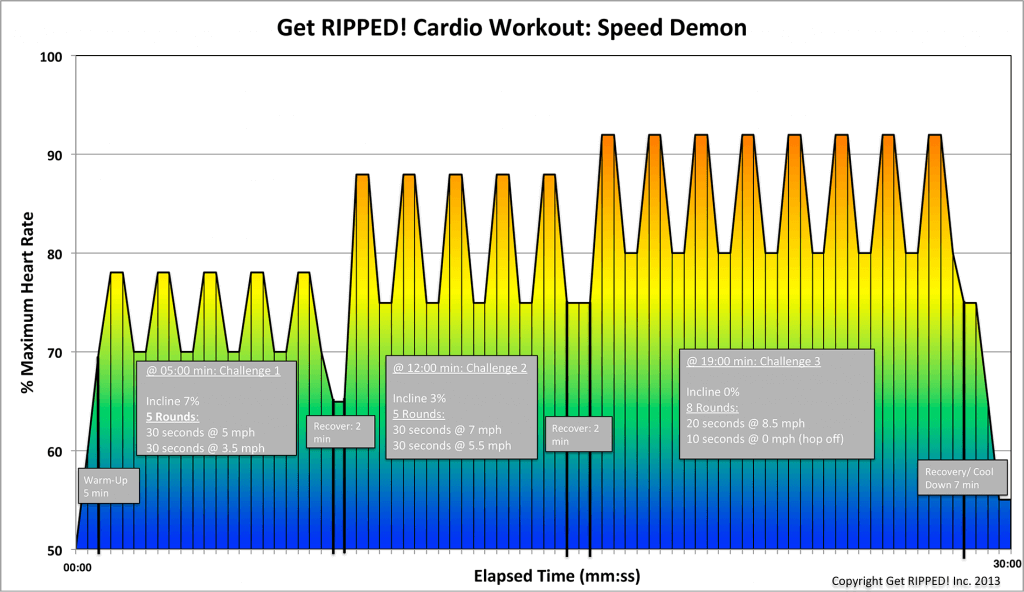Whether certain foods are bad for you or beneficial requires a personalized response. For most people spicy foods can add flavor and provide nutrients, while others should avoid that zing. Spicy foods can help you lose weight, curb your appetite, boost your metabolism, and bring beads of sweat to your head. That peppery hot flavor comes from the capsaicin in the food. Some people seem genetically more able to tolerate the flavor, while others aren’t, even though they can build a tolerance.
Spicy foods can make you dread the bathroom and the really hot ones may take their toll.
While spicy food doesn’t affect hemorrhoids, like many people believe, if you have small tears in the anal tissue, called fissures, you might want to put a hold on the hot sauce. If fissures are painful under normal conditions, they’ll hurt even worse if you consume spicy food. Not all spicy foods are the same. Some are hot, while others are flaming, with mega heat that can curl toes and make grown men cry. If you aren’t used to eating spicy food, have GI issues, are sensitive to capsaicin, or consume a large amount of capsaicin, whether it’s eating large quantities of hot peppers or peppers with higher amounts like the ghost pepper.
Spicy food can cause some physical symptoms.
Whether it’s belly pain, chest pain, burning diarrhea, vomiting, or headaches, eating extremely hot spicy food, especially if you’re sensitive, can create problems. Taking hot food challenges like the “one-chip” challenge is a dramatic change for the body that can trigger a big reaction for someone whose body isn’t adjusted to the hot flavors. There are a few instances where spicy foods have caused problems. One man vomited so hard after eating ghost peppers, he ruptured his esophagus. People with IBD, Crohn’s, or IBS should avoid spicy foods since they can trigger symptoms.
There are more health benefits from spicy foods than drawbacks.
Spicy food can improve your gut microbiome. Beneficial gut microbes control many bodily functions and even contribute to good mental health. Low-grade inflammation in the gut is linked to obesity. Some studies show that eating food with capsaicin can reduce the inflammation. If you underestimate the heat and it’s too much, water won’t help. Capsaicin is an oil and water won’t help. Capsaicin is soluble in milk or alcohol, so a glass of milk, a cup of yogurt or a cold alcoholic drink can help.
- If spicy food isn’t part of your normal diet, start slowly. Work your way up to the spicy ones.
- Capsaicin can help relieve muscle pain. It’s in over-the-counter creams that help aching muscles, arthritis, and fibromyalgia. The white membranes inside the pepper contain the most. Make homemade muscle cream by mixing the membranes with skin cream for a rub.
- While spicy food doesn’t cause ulcers, it can cause stomach pain. Always check with your healthcare professional if you have digestive issues.
- Avoid getting capsaicin on your skin when cleaning hot peppers. Wear gloves when handling them. If you have “pepper juice” on your hands, avoid rubbing your eyes.
For more information, contact us today at Get RIPPED! by Jari Love


